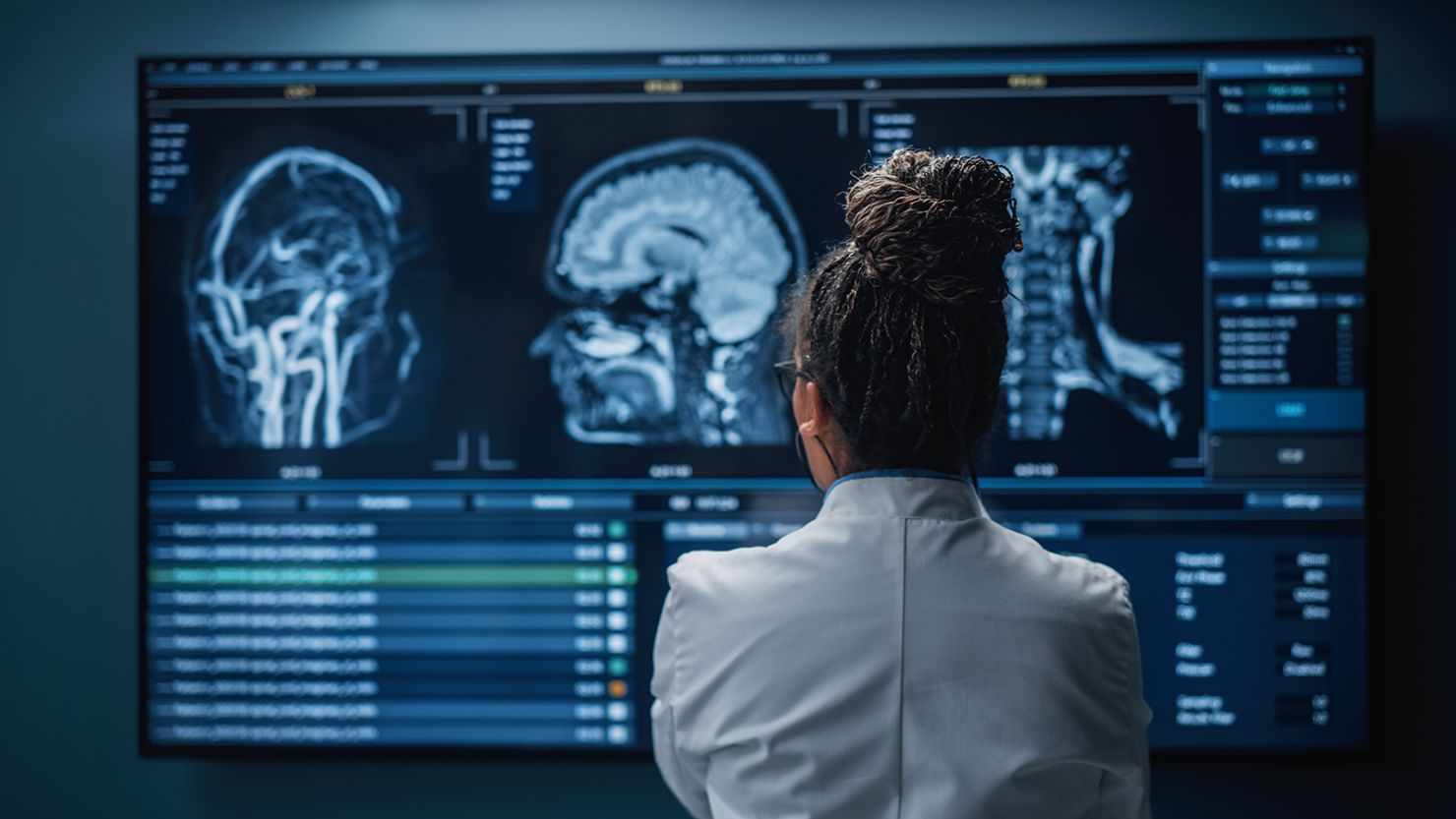
AI is significantly altering how lawyers approach their work, especially in preparing for court. The integration of AI tools in the legal field is enhancing efficiency, accuracy, and decision-making, making the often time-consuming and labor-intensive task of court preparation faster and smarter.
One major breakthrough of AI is its ability to conduct rapid legal research. Tools like ROSS Intelligence and Casetext leverage AI’s natural language processing (NLP) capabilities to analyze vast databases of legal information. Lawyers can now input specific queries or legal questions, and AI systems will instantly return relevant case law, statutes, and rulings. This technology reduces the time lawyers would normally spend poring over pages of documents, allowing them to focus on creating compelling arguments for their clients.
In addition to research, AI is proving to be invaluable in document analysis. Cases often involve large volumes of evidence, which can be overwhelming to sort through manually. AI tools, such as Relativity and Logikcull, can scan thousands of documents, categorizing and flagging key information in a fraction of the time it would take human attorneys. By automating these tasks, AI frees up valuable time for lawyers to focus on critical aspects of their case, such as strategy and client interaction.
AI also helps predict outcomes, a crucial aspect of litigation strategy. By analyzing data from previous similar cases, AI tools can give lawyers insight into how a judge might rule on a motion or what arguments are likely to succeed in front of a jury. This predictive capability allows attorneys to fine-tune their approach, ensuring they are better prepared for any scenario in court.
As AI continues to advance, its role in transforming court preparation is undeniable. With the ability to conduct research, analyze documents, and predict outcomes, AI is not just a tool for efficiency—it’s a game changer in the legal profession.




















Write a comment ...